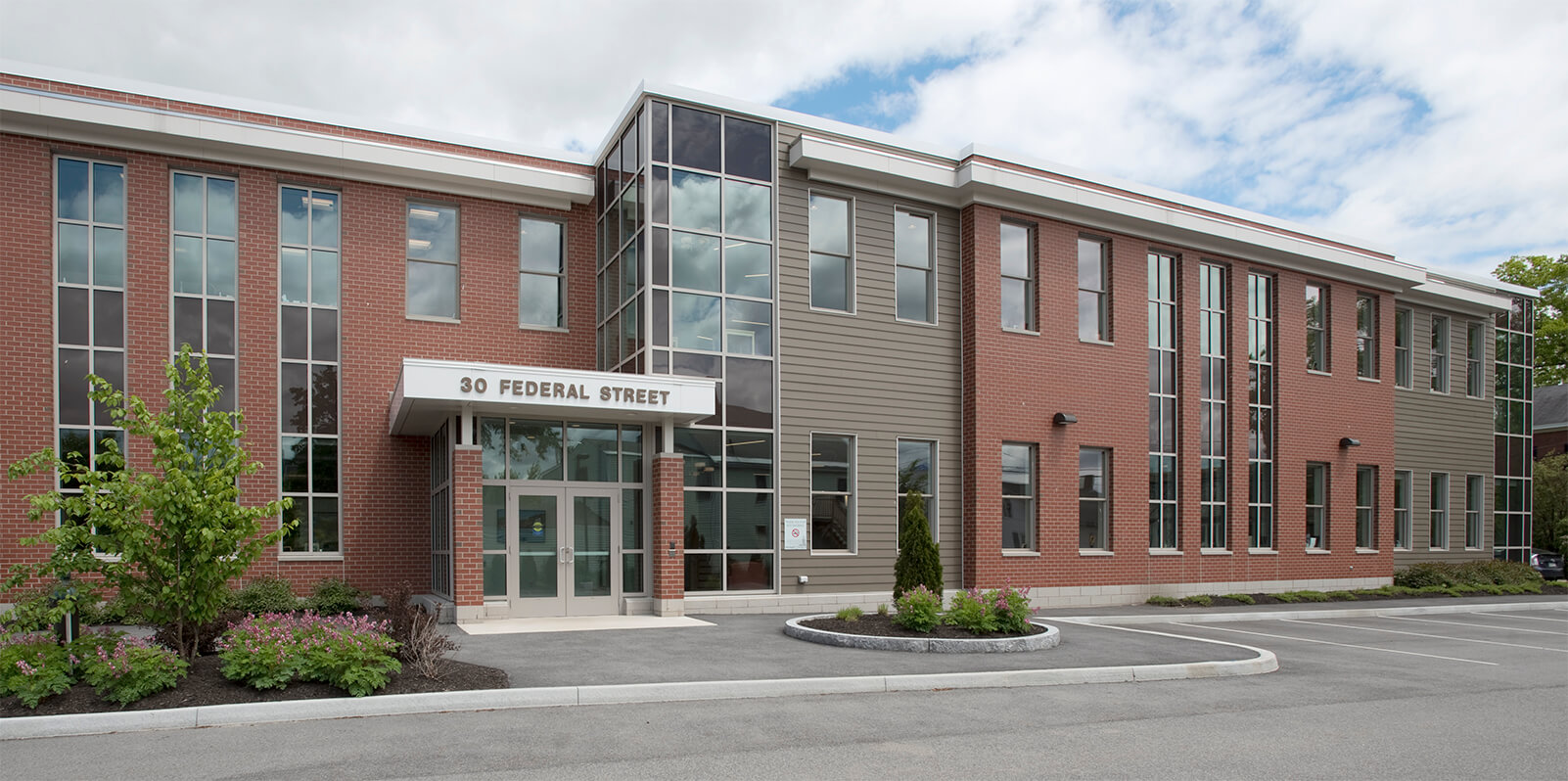September 14, 2020
New Research Shows Maine Historic Tax Credit Delivers Strong Economic Impact Benefiting Local Communities and the State
Maine Legislature urged to protect its historic preservation tax incentive by coalition of historic preservation advocates and industry leaders
September 14, 2020, Yarmouth, ME – Recently released research commissioned by Maine Preservation in partnership with CEI, Greater Portland Landmarks, GrowSmart Maine, and Maine Real Estate & Development Association (MEREDA) shows that Maine’s historic rehabilitation tax credit (HTC) has had strong, far-reaching impacts on Maine’s economy and quality of life while more than paying for itself. The “Maine Historic Tax Credit Economic Impacts Report,” authored by Charles Lawton and Frank O’Hara, leading Maine-based economists, illuminates that HTC-aided renovations have added over $166 million to local property tax rolls in host communities, including $17 million in new property tax revenue since 2010. The HTC program has become a major local development tool in its own right with an another $19 million in new income and sales tax revenues are estimated to have come into state coffers since 2008. To date, the program has generated $3 million more in state and local tax revenues than it has cost in tax credits and it is estimated that the net economic benefit to Maine state and local governments will double to at least $6 million annually by 2022.
The data reveals that the HTC has generated $525 million in construction investment, rehabilitated 3.6 million square feet of commercial and residential space and created or preserved 1,911 housing units, of which nearly 1,300 are affordable. The construction spending alone has generated 200-700 full-time-equivalent jobs annually for the past decade. Additionally, nearly 700 new full-time, year-round jobs have been generated by businesses occupying commercial spaces and in building maintenance, generating $13 million per year in ongoing income to families living in these communities. For insight into how local communities benefit from this program, please see the case studies in the report.
“Maine’s Historic Tax Credit has delivered critically needed economic revitalization to small and large communities through the rehabilitation of more than 100 historic buildings,” said Greg Paxton, Executive Director of Maine Preservation. “The credit is a highly successful incentive to take vacant or underused buildings and thoroughly update and adaptively use them to fill current needs, while heightening civic pride and wellbeing.”
“We see the impact of this tax credit across Maine, from Eastport to Rumford, Portland to Dover-Foxcroft. This tax credit makes possible a mix of housing, retail and hospitality, and commercial uses, all within walking distance, relieving development pressure from undeveloped lands and reducing dependence on vehicles to get around. All this has community, economic and climate benefits, “ notes Nancy Smith, Executive Director of GrowSmart Maine.
“Here in Greater Portland the tax credits continue to help attract private investment for rehabilitation projects throughout the region,” said Sarah Hansen, Executive Director of Greater Portland Landmarks. “Not only do the credits ensure that the revitalization of our historic neighborhoods and commercial districts is economically viable, they contribute to the continued development of much needed affordable and market-rate housing.”
“The historic tax credit program is doing what it was designed to do: spur direct investment and drive other intended benefits of economic revitalization,” said John Egan, Chief Investment Officer, CEI. “By reviving vacant and decaying buildings, we are also bringing young people and jobs back to Maine’s downtowns.”
This research illustrates the substantial and cost-efficient economic benefit of reusing mills, schools, and other vacant or under-used historic resources and affirms the continued need for the HTC to support development projects in Maine’s communities.
The full report text can be found at https://www.mainepreservation.org/maine-historic-tax-credit-economic-impacts-report-2020.
###
Maine Preservation is an independent 501(c)(3) nonprofit member-based statewide historic preservation organization that promotes and preserves historic places, buildings, downtowns and neighborhoods, strengthening the cultural and economic vitality of Maine communities.
About the Partners:
CEI – Coastal Enterprises, Inc. (CEI) helps to grow good jobs, environmentally sustainable enterprises and shared prosperity in Maine and in rural regions across the country by integrating financing, business and industry expertise, and policy solutions. CEI envisions a world in which communities are economically and environmentally healthy, enabling all people, especially those with low incomes, to reach their full potential. More at www.ceimaine.org.
Greater Portland Landmarks – Founded in 1964, Greater Portland Landmarks’ mission is to preserve and revitalize greater Portland’s remarkable legacy of historic buildings, neighborhoods, landscapes and parks. For more information visit portlandlandmarks.org.
GrowSmart Maine is a statewide nonprofit working through community engagement, events and advocacy to build lasting prosperity without sacrificing the quality of life that defines Maine.
Maine Alliance for Smart Growth is a network supported and led by GrowSmart Maine. Smart growth provides choices in how communities respond to growth and change and our goal is to ensure that future generations can prosper and choose to call Maine home.
MEREDA is a statewide, membership-based organization founded in 1985, whose members include real estate owners, for profit and nonprofit developers, architects, engineers, bankers, property managers and other related professionals. Through its advocacy, educational, and networking efforts, MEREDA seeks to promote an environment for responsible development and ownership of real estate throughout the state.



